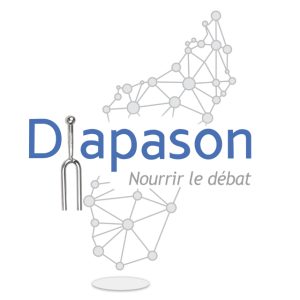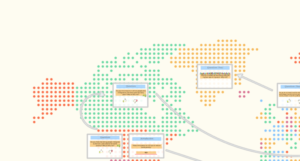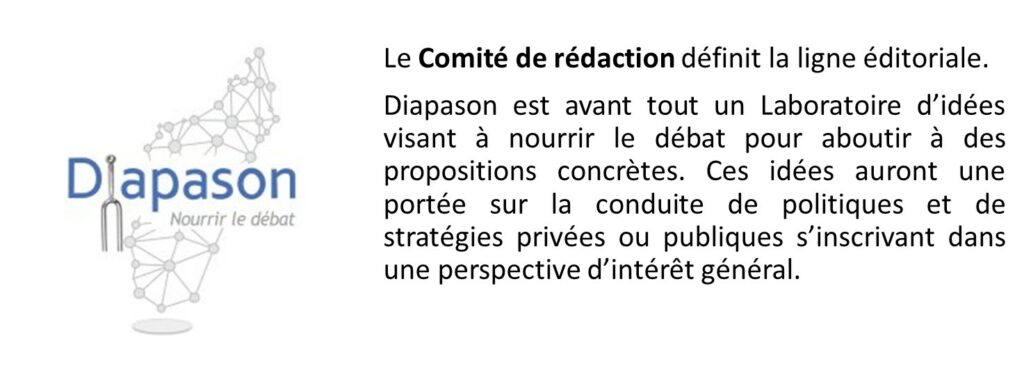Abstract
Madagascar has colossal mineral deposits but is also one of the poorest countries in the world. After more than 15 years of Large-Scale Mining (LSM) operations, the country is at a turning point, with its current mining projects being scaled up and its new classification as a “resource-rich” country. Evidence suggests that having mineral resources can either be a blessing or a curse to a country and its people. The findings from the literature on the impacts of LSM in Madagascar also contribute to this empirical contradiction. The assessment of the effects of LSM has been highly contentious. On the one hand, the future benefits of such mining projects are promoted mostly using macro data. On the other hand, some scholars and Non-Governmental Organisations have shown how the impacts from LSM have been devastating economically, socially and environmentally using case studies and non-representative samples of data. The novelty of this study is to address the need for an objective assessment of the impacts of LSM in Madagascar by using an interdisciplinary approach and a mixed-method research design in addition to a comparison of impacts at the national, regional, and local levels. The econometric analysis of secondary data is combined with the analysis of new primary data from 730 individual surveys and 83 interviews of key mining stakeholders. The analysis performed at the national level confirms that Madagascar has its own trajectory in regard to mining and development, which differs from most of its sub-Saharan African mining neighbour countries. Also, overall Madagascar lags behind in terms of GDP per capita, GDP growth and HDI. More precisely, socially, LSM is negatively associated with Madgascar’s Human Development Index but interviews conducted reveal positive outcomes not captured. Economically, the results are inconclusive at this early stage of the country’s mining industry. At the regional level, the analysis shows that the livelihoods of those in mining 2
districts have worsened compared to those in neighbouring mining districts. This positive outcome for neighbouring mining districts results from less disruption of productive activities, as well as access to some of the large infrastructures built such as ports and roads; whilst mining districts have experienced a sharp rise in inflation due to the mining boom and a pull effect on the most deprived migrants. With limited assets owned and education, these migrants tend to struggle to fend for themselves and lower the overall wealth index of mining districts. Yet, within mining districts, those who live close to a mine (up to 20 km) have benefited more compared to those who live further away (up to 60 km) for whom most outcomes have dropped since the start of mining operations (wealth index, asset ownership, WASH). Within this 20 km-radius to the mines, at local level, working in mining leads to better outcomes, without generating social exclusion of workers at this stage. Near Ambatovy, since the level of poverty was lower, fewer households were directly affected by the mining operations and the investment was much larger, as expected these communities have experienced greater outcomes than those near Rio Tinto’s QIT Madagascar Minerals mine. Most surprisingly, those who are the closest to the mine (0–10 km) are not those who benefit the most but rather those in a 11–15 km radius because of the impact on land, limited access to natural resources, pollution and the overall scale of disruption. These findings offer a diagnosis on the impacts of LSM in Madagascar, but most importantly provide insights into how investments by LSM companies in Low-and-Middle-Income countries could enhance the benefits and mitigate the negative effects on a range of socio-economic impacts depending on where people live. This thesis contributes to the growing literature on the resource curse with nuanced and comprehensive findings in order to inform more efficient, targeted and actionable strategies to leverage mining for sustainable development.
Dr Agathe Randrianarisoa
Institute of Research for Development






